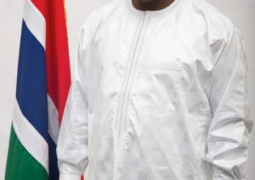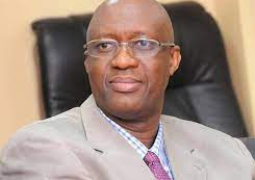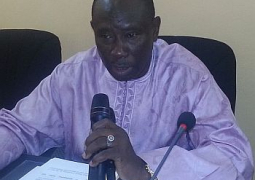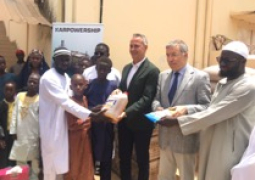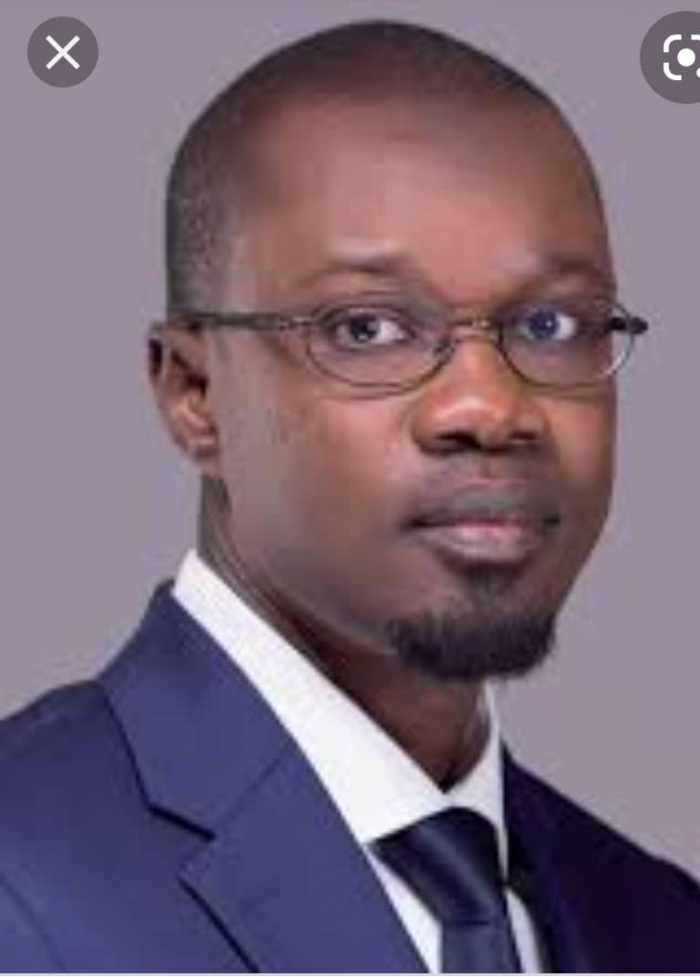
Seneweb returns to a question that has agitated minds since 1984 and still ignored by the regimes.
It is open warfare between Ousmane Sonko's party, Pastef, and the new Interior Minister, Antoine Diome. The exit of the latter threatening to dissolve the party for a fundraising story (the Nemekou tour of Pastef of January 2, which allowed the 'patriots' to raise 125 million in the Senegalese diaspora) put, beyond Pastef, the whole political class in all its forms.
Already the violation of article 3 of the law 81-17 of May 6, 1981 modified by the law 89-36 of October 12, 1989 relating to the resources which the political parties can profit from, of which the Minister of the Interior makes case, according to Me Assane Dioma Ndiaye, "does not distinguish between nationals residing in Senegal or abroad".
Cheikh Bamba Dièye, meanwhile, reminds Aly Ngouille Ndiaye's replacement that "Apr and Benno Bokk Yakkar use public resources for political ends and they have never been worried." A controversy that revives the need to legislate for public funding of political parties as is done in France and other democracies.
Public funding in force since 1988 in France with an audit commission
Indeed, the financing of French political parties is a set of means making it possible to ensure the financial resources necessary for the activity of French political parties and also to ensure their control. Since 1988, public funding of parties has been provided for, depending on the results of the legislative elections and the number of parliamentarians.
Private financing is also regulated. And the National Commission for Campaign Accounts and Political Funding (CNCCFP), currently headed by Jean-Philippe Vachia, is responsible for auditing the accounts of French political parties. Created by Law No. 90-55 of January 15, 1990 "relating to the limitation of electoral expenses and the clarification of the financing of political activities", and set up on June 19, 1990, the CNCCFP is made up of 9 members (3 members of the Council of State, 3 of the Court of Cassation and 3 of the Court of Auditors).
They are appointed by decree of the French Prime Minister on proposals from the Vice-President of the Council of State, the First President of the Court of Cassation and the First President of the Court of Auditors. French legislation is uncompromising with regard to foreign funding of parties or the electoral campaign of candidates.
This is evidenced by the indictment, on October 12, 2020, of the former President of the French Republic, Nicolas Sarkozy for "criminal association" in the investigation into suspicions of Libyan financing of his presidential campaign in 2007.
Since 1998 several proposals have been in the basket of the State of Senegal.
In Senegal, since 1998 the question has been on the table of regimes which have followed one another with all kinds of proposals. Yet the application of public funding and regulation of election expenses of political parties is postponed to Greece. Under the leadership of Associate Professor of Law Faculties, El Hadji Mbodji, commissioned by the then President of the Republic, Abdou Diouf, proposals were made.
But at the time of the application, the day after the first alternation in 2000, President Abdoulaye Wade who, though has been the initiator of this debate since 1984 already, demonstrated, according to Professor Mbodj in an interview with Sud Quotidien, an "unwillingness to establish the statute of the opposition and the financing of political parties".
His successor, Macky Sall, who signed with "reservations" the charter of national meetings in which this issue featured prominently, will do nothing in this direction. Since it has shelved the proposals of the National Commission for the Reform of Institutions (Cnri) among which, the regulation of electoral expenses and the public financing of political parties for a better organisation of the political field, parasitised by more than 300 parties " telecentres and a party in power which unduly draws colossal resources from the public coffers.
Recently agitated at the Political Dialogue Committee, those in power preferred to speak about the status of the leader of the opposition, instead of the real questions.


